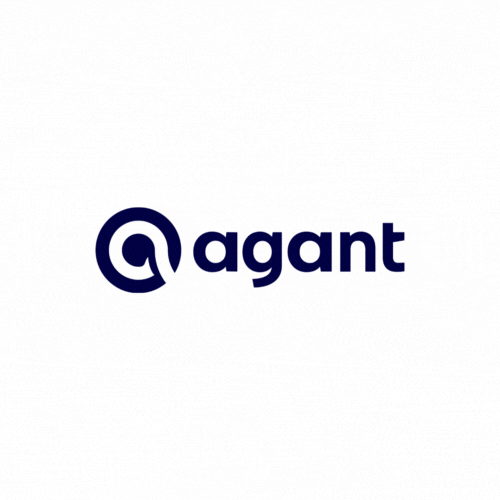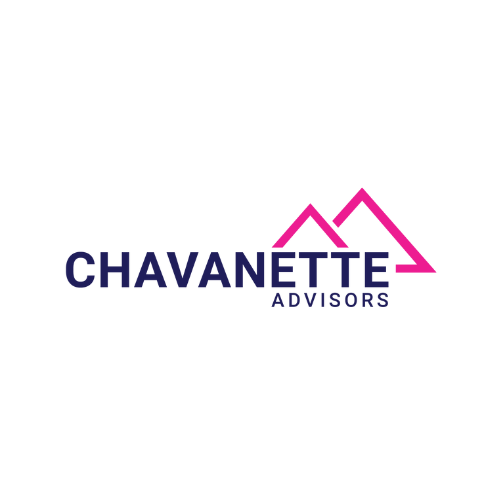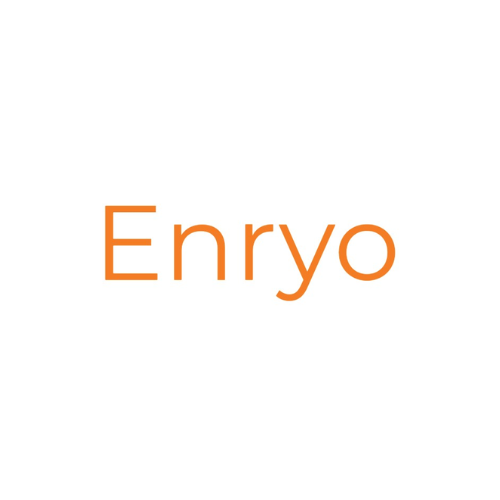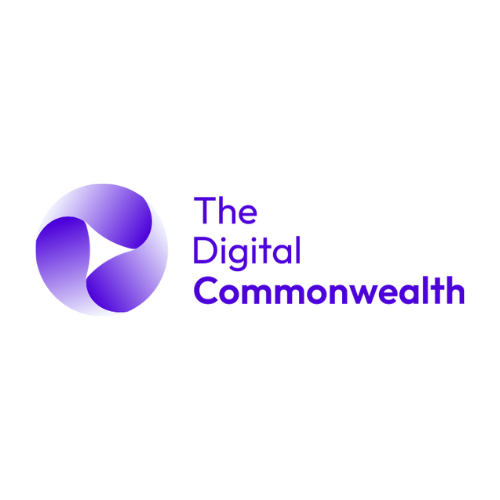The Eastern Caribbean Central Bank (ECCB) is currently in the process of exploring the development of an advanced version of its digital currency, named DCash 2.0. As part of this endeavour, the ECCB has initiated a request for vendor information (RFVI). This request aims to gather insights from entities that have either created a retail central bank digital currency (CBDC) solution or essential components of such a solution that are ready for deployment. The ECCB is interested in incorporating various systems into the existing DCash infrastructure, including wallet providers, core banking systems, identity managers, business intelligence, and providers of offline payment solutions.
Since 2021, the ECCB has been responsible for issuing DCash, which stands out as one of the pioneering CBDC projects. Although DCash is sometimes referred to as a fully operational CBDC on platforms like the CBDC Tracker, both the RFVI and the official DCash website classify it as a pilot project. The current version of DCash, already incorporating a retail component, was developed by Bitt, a Barbados-based software company with additional projects in Ukraine, Belize, and Nigeria. Notably, the Central Bank of Nigeria has been engaging with a new technology provider for its eNaira since February.
Despite its achievements, DCash has encountered technical challenges. For instance, in November 2022, St. Kitts and Nevis, a member state of the ECCB, contemplated adopting Bitcoin Cash as legal tender, although this plan did not materialise.
The ECCB serves as the monetary authority for several territories, including Anguilla, Antigua and Barbuda, Dominica, Grenada, Montserrat, Saint Christopher (St. Kitts) and Nevis, Saint Lucia, and Saint Vincent and the Grenadines. The deadline for responding to the RFVI is set for January 22, 2024. Following this, selected vendors might be invited to participate in a subsequent Request for Proposal (RFP) exercise.































































